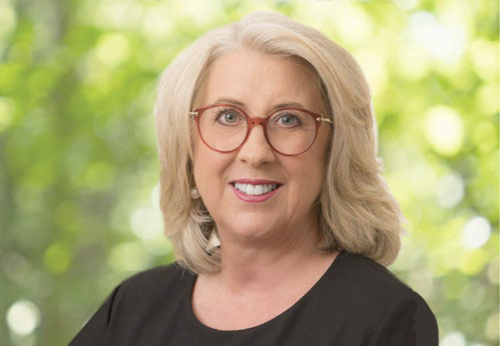In custody disputes, one of the issues parents often disagree over is which parent will decide the major long-term issues; such as where the child will attend school, what the child will be named, and the religion and cultural upbringing the child will experience. Generally speaking, the parent who physically has the child in their custody will decide the day-to-day decisions, but what about these bigger and more impactful decisions?
What is a major long-term issue?
First we should take a look at what exactly constitutes a major long-term issue. The Family Law Act defines that these issues are those about the long-term care, welfare and development of the child and includes (but is not limited to) issues of that nature about:
- education (both current and future);
- religious and cultural upbringing;
- health
- the child’s name and
- changes to the child’s living arrangements that make it significantly more difficult for the child to spend time with a parent
Some issues might not be major long-term issues on their face, but the results of the decision impact the child and thus make it a major long-term issue. An example of this is would be where a parent starts a new relationship. This by itself would not be considered a major long-term issue, however if it results in the parent moving further away from the child it becomes one.
Generally, decisions about what the child wears, what time the child goes to bed, and what the child eats are not considered major long-term decisions. These decisions are typically made by whichever parent has the child in their custody. For instance, the father may decide while the child is in his care he will go to bed at 8:00, and the mother may decide that 7:30 is an appropriate bedtime. These decisions do not impact the long-term welfare of the child, and are not typically disputed.
However, sometimes an issue that appears to be a day-to-day decision is actually a major long-term decision. This may be the case where the parents have differing views about the religious or cultural upbringing of the child. One parent may not want the child to eat certain foods or receive certain medical treatment because of a religious practice, while the other parent may not follow the same practice. In this situation the decision about what food the child will eat has become a major long-term decision, and will be treated as such by the court.
Who makes the major long-term decisions?
If you have read our other articles about custody, you have noticed a trend. The law in Australia strongly prefers for parents to reach amicable decisions regarding custody without using the courts, and also for parents to share parental responsibility of the child. So, it may not come a surprise that when it comes to making major long-term decisions, that the decisions should be made jointly. This isn’t merely a preference; the Family Law Act actually imposes an obligation on parents to make a genuine attempt to reach a joint decision. Only if you are unable to do so, after attending dispute resolution, may you apply to the court for an order addressing the conflict.
Rules about specific major long-term issues
Changing the child’s name. If you wish to change your child’s name, each person with parental responsibility for the child will have to agree. If you are unable to get the other parent on board with the proposed name change, you may make an application to the court, and the court will make the decision while considering the welfare of the child. In determining if the proposed name change should be made, the court will look at several factors, including both the short and long-term effects, embarrassment expected on behalf of the child, identity confusion of the child, and the effect the change will have on the relationship between the child and other parent. Before you may apply to the court for a name change, however, the Family Law Act requires the parties to attend dispute resolution in an attempt to resolve the issue.
Relocation. Relocation is one of the most common major long-term issues that parents tend to disagree over. After enduring a separation or divorce it is not unusual for one parent to want to relocate. The parent may wish to relocate because of an employment opportunity, because of a new relationship, to be closer to family, or simply to make a fresh start. However, if the parent wishes to relocate the child as well, often the non-moving party will object. This is obviously a difficult subject, and one that is emotional for all parties, including the child. Unfortunately, there is no guiding provision in the Family Law Act, and no case that carves out a definitive rule regarding this issue. The courts have consistently determined that the same guiding principle applies to relocation cases as to other major long-term cases, and that principle is to make a decision that is in the best interest of the child.
When it comes to settling disputes about major long-term issues, each situation is different and has it’s own unique circumstances. It is always best to try and reach an agreement without involving the courts, however if this is impossible, you may apply to the court for an order resolving the dispute. The court will always act under the principle that the best interest of the child is of paramount importance, and this is the same guiding force you should adopt in your attempt at reaching an agreement.











